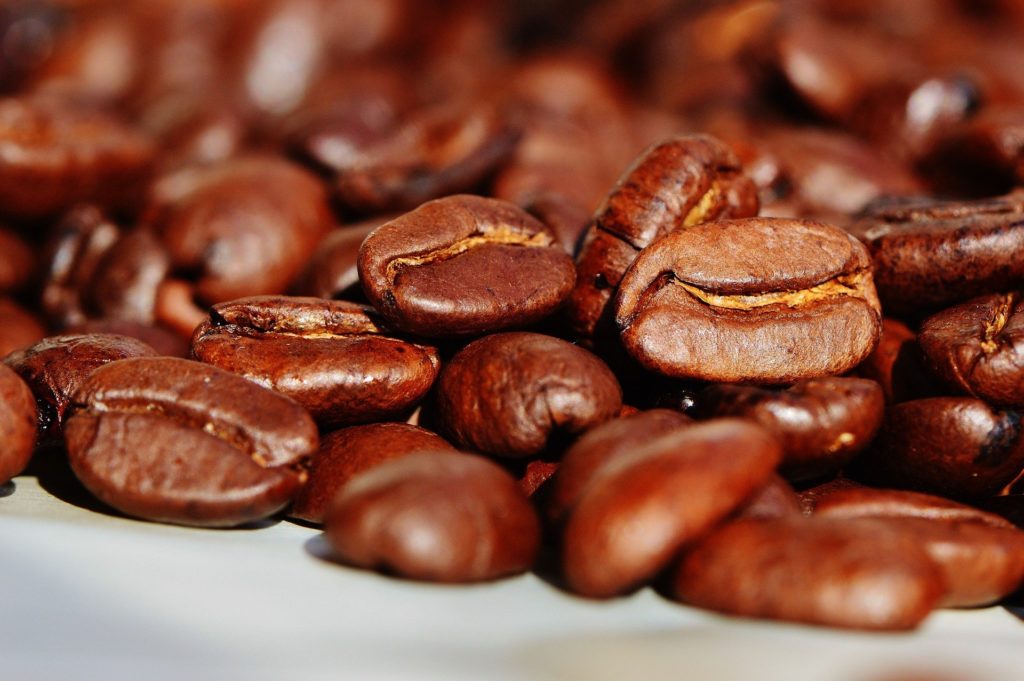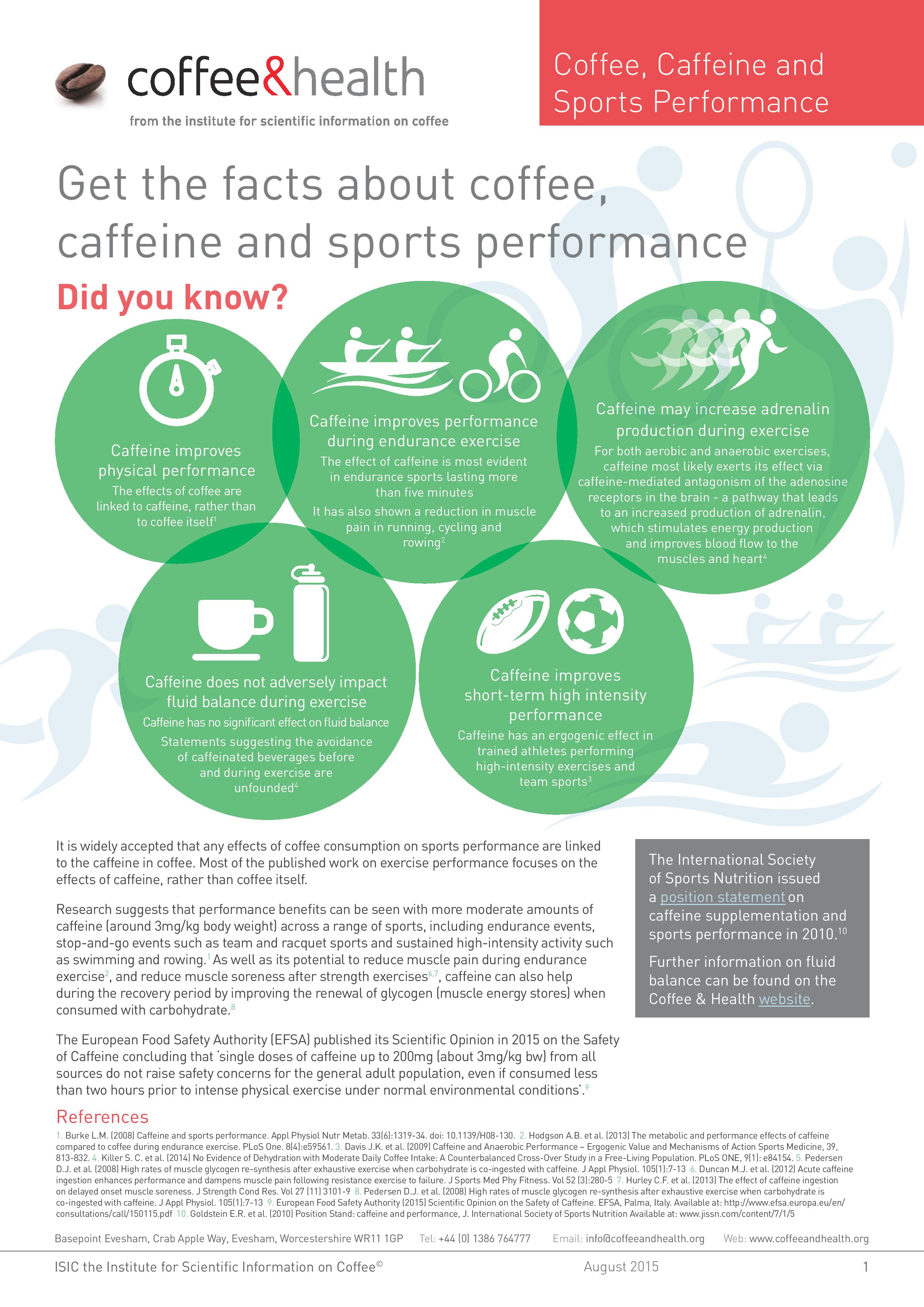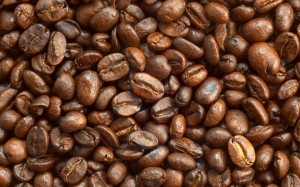
A new paper “In Rheumatology, published by Oxford University Press,” finds that consuming more caffeine may improve heart health.
Vascular disease, which involves damage to blood vessels and can lead to serious consequences like heart attacks and strokes, is one of the main causes of death in the general population. For individuals with inflammatory rheumatic diseases like lupus and rheumatoid arthritis, the risks are even greater. This is partly because of the diseases themselves and also due to certain treatments, especially cortisone derivatives.
Until now, doctors’ recommendations to reduce these vascular risks focused on avoiding risk factors, such as addressing inflammation, discontinuing cortisone medications, quitting smoking, lowering cholesterol, and managing high blood pressure.
The researchers from Sapienza University of Rome in Italy believe that patients may be able to improve their vascular health by doing something enjoyable. According to their study, caffeine, which is found in coffee, tea, and cocoa, may actively help endothelial progenitor cells. These cells play a role in regenerating the lining of blood vessels and are involved in vascular growth.
It is widely known that a diet rich in vitamin D (found in oily fish and eggs) and vitamin A (found in many fruits), as well as polyunsaturated fatty acids and low in sodium, seems to play a role in decreasing the inflammatory burden. Scientists have also been interested in the potential impact of caffeine. In addition to its well-known stimulant effect, caffeine also has an anti-inflammatory effect because it binds to receptors expressed on the surface of immune cells. The impact of caffeine consumption on cardiovascular health has been extensively studied, but the results have been conflicting.
Researchers conducted a study on 31 lupus patients who did not have traditional cardiovascular risk factors. They used a seven-day food questionnaire to assess the patient’s diet. After a week, the investigators took the patients’ blood to measure the health of their blood vessels. The study found that patients who consumed caffeine had better vascular health, as measured by the health of their endothelial cells, which are an important component of the inner layer of blood vessels.
“The present study aims to provide patients with information about the potential role of diet in managing the disease,” stated Fulvia Ceccarelli, the paper’s lead author. “It will be important to validate these findings through a longitudinal study to assess the actual impact of coffee consumption on the progression of the disease.”



